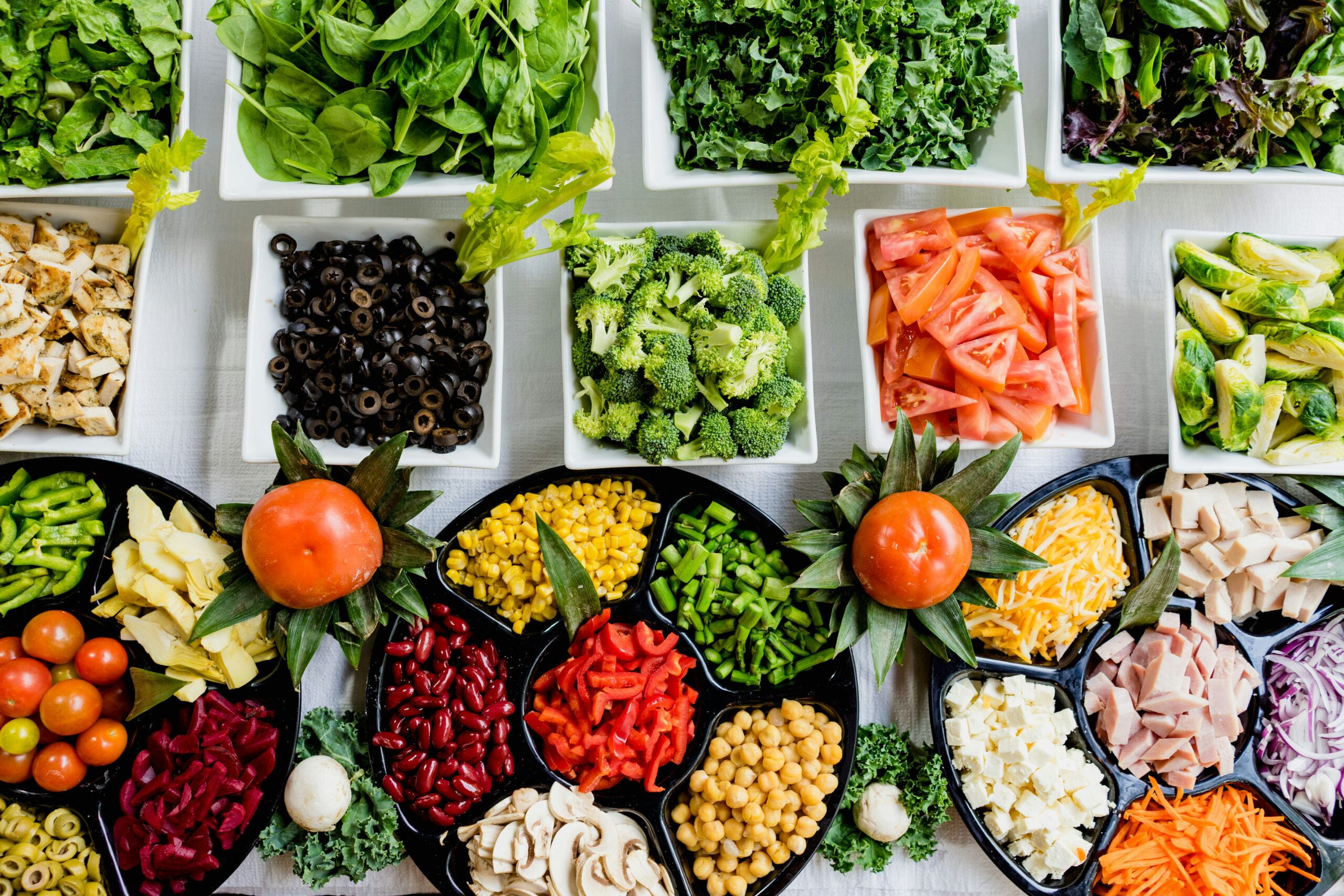The human microbiome comprises all the microbial genes that inhabit the body, consisting of trillions of microbial cells, roughly equal in number to human cells
Among them, the gut microbiota, the microbes living in your intestines, play a crucial role in keeping us healthy. The balance of these microbial communities can influence our health status, determining whether we experience health or disease. A healthy microbiome contributes to key aspects of health, including:
- Gastrointestinal motility, digestion & elimination
- Immune modulation
- Synthesis of B vitamins, including folate and vitamin K
- Mineral Absorption
- Mood regulation
- Modulates gene expression
- Decrease inflammation and augments detoxification
Negative alterations, to bacterial communities are linked to many diseases including obesity, type 2 diabetes, gastrointestinal diseases, rheumatoid arthritis, mood disorders and skin issues. The good news, we can alter our microbial communities by boosting beneficial bugs, through diet adjustment.
Foods That Promote a Healthy Gut
Prebiotic Foods Prebiotics are essential for promoting beneficial gut bacteria. They ferment in the colon, producing short-chain fatty acids (SCFAs) that support gut integrity and overall health.
Top Prebiotic Foods:
- Fruits and Vegetables: Garlic, onions, leeks, asparagus, and apples.
- Legumes and Whole Grains: Beans, lentils, oats, and brown rice
Including these foods in your meals can positively impact your gut health.
Fermented Foods Fermented foods are rich in probiotics, which can aid digestion and boost immunity. Some popular options include:
- Sauerkraut and kimchi
- Kefir and medicinal yogurts
Polyphenols Foods rich in polyphenols also contribute to gut health by promoting beneficial bacteria. Some good picks
- Green tea and dark chocolate
- Nuts and seeds like flaxseeds and almonds
- Colourful fruits and vegetables
To learn how to optimise your diet for better gut health, schedule a consultation.
Foods and Factors That Negatively Impact Gut Flora
Certain diets and lifestyle choices can harm beneficial gut bacteria:
- Very Low Carb and High Protein Diets: These diets starve gut bacteria, increasing colon pH and creating a favourable environment for pathogenic bacteria
- Artificial Sweeteners: These can reduce microbial diversity, increase colon pH, and impair glucose tolerance.
- Stress: Stress negatively impacts gut health, increasing pathogenic bacteria and disrupting digestion.
- Alcohol: Excessive consumption can lead to dysbiosis, causing inflammation and scarring in the intestines.
Medications
- Antibiotics: A single course can disrupt gut bacteria for up to a year, with more significant damage from long-term use.
- NSAIDs: These can harm the gut lining, leading to increased levels of harmful bacteria.
- Proton Pump Inhibitors (PPIs): Reductions in stomach acid can increases the risk of bacterial overgrowth and nutritional deficiencies.
If you’re experiencing gastrointestinal issues and need assistance, consider scheduling a consultation.

